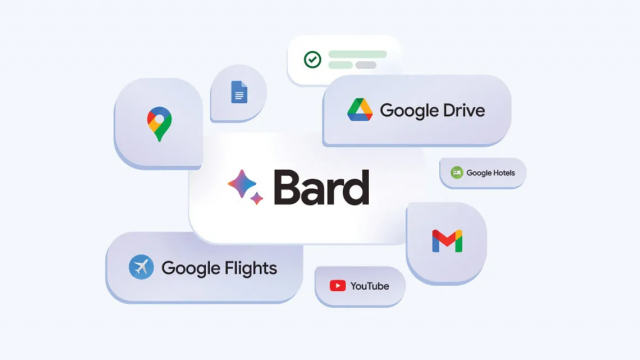Google’s AI adds new capabilities in travel planning
2023-10-02Google is doubling down on travel, enabling Bard, its generative artificial intelligence (AI) model, to offer far more ways to help users plan their trips.
The web search giant’s latest iteration of Bard enables it to communicate with other Google applications and services, including Google Flights and Hotels. With Bard Extensions, launched earlier this week, Bard can find and share information from Gmail, Docs, Drive, Maps and YouTube, as well.
“We’ve sort of been driven by this curiosity of what’s possible if we could connect other things to Bard,” said Aarush Selvan, a Bard product manager.
Bard is one of several big generative AI models available to consumers now. Bing Chat and ChatGPT are also popular.
Generative AI models are built on large language models and trained by machine-learning algorithms. As the term “generative AI” suggests, they are able to generate content like text and images.
Bard launched in a limited capacity in March and was made available more widely in May.
Early on, Selvan said, its developers recognized a popular use case on the platform: travel. Users were asking Bard for help in brainstorming potential destinations and putting together itineraries.
“One of the things we were really excited about was, what if we could connect other apps that people use as part of that travel planning into Bard, to make Bard more helpful for these types of use cases?” Selvan said.
Now Bard can suggest things like real-time flight and hotel information to users. Inspirational YouTube videos are just a query away, too. For instance, a user might ask Bard to find an email with a hotel confirmation and recommend restaurants in the hotel’s neighborhood.
Right now, capabilities from Google Flights and Hotels are simpler in Bard, Selvan said. But the services overall are powerful, and his team is looking for feedback on what other features users would find useful in the generative AI model.
Bard as travel advisor?
Mike Coletta, manager of research and innovation at Phocuswright, called the move to incorporate more Google services both “expected” and “major” as well as “a logical next step” for Bard.
He also said it pointed to a world where generative AI suggests travel experiences users didn’t know they wanted.
“The ultimate use case for AI assistants is to be conversationally proactive, and for travel that would mean getting to know you and asking the right questions about your travel aspirations in order to personalize results for you,” Coletta said.
With AI expertise, access to travel inventory and personal data, “the pieces are in place to work toward that future,” he said, adding that “well beyond returning prices and availability in the chat environment, at some point Bard will be able to proactively make travel recommendations you didn’t even know you’d like.”
Courtesy of Travel Weekly


